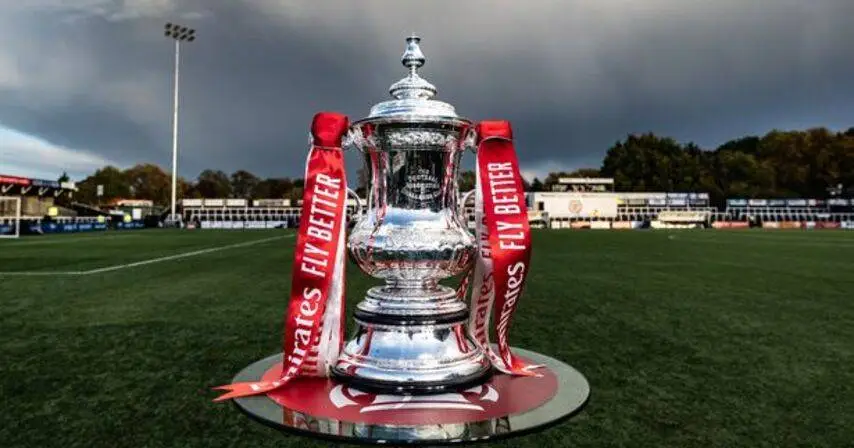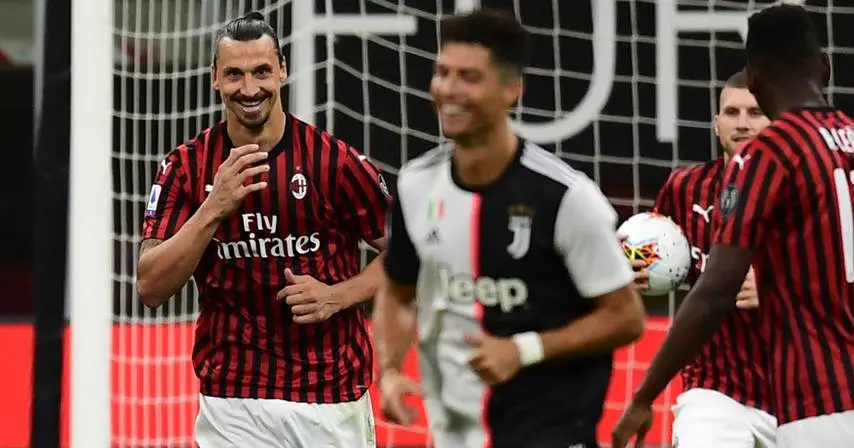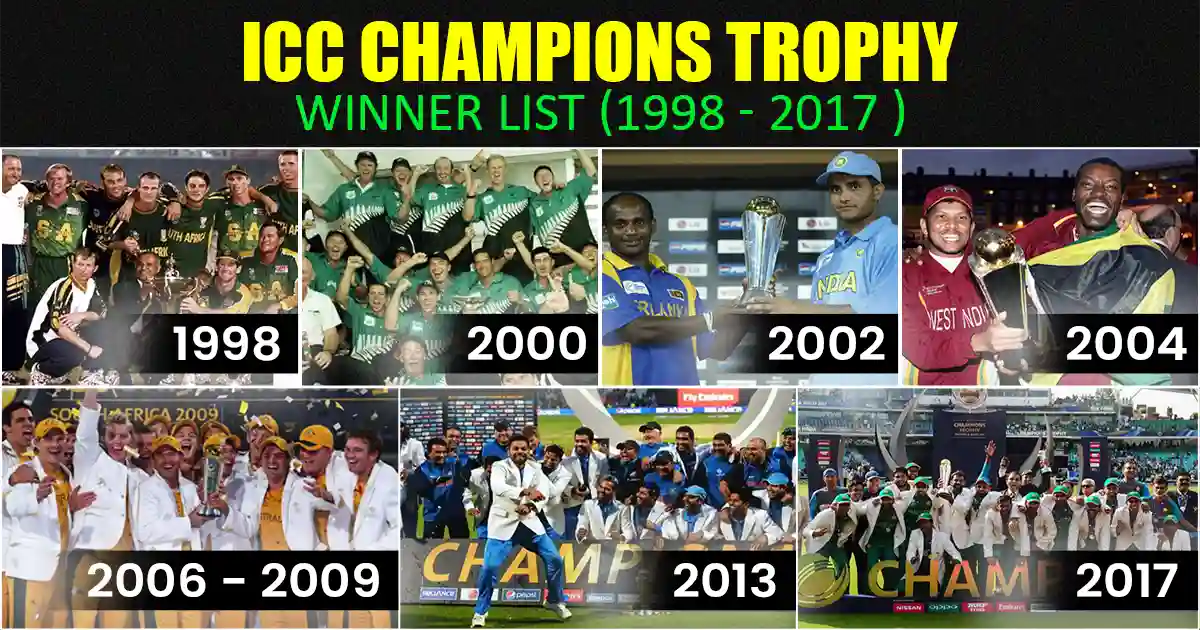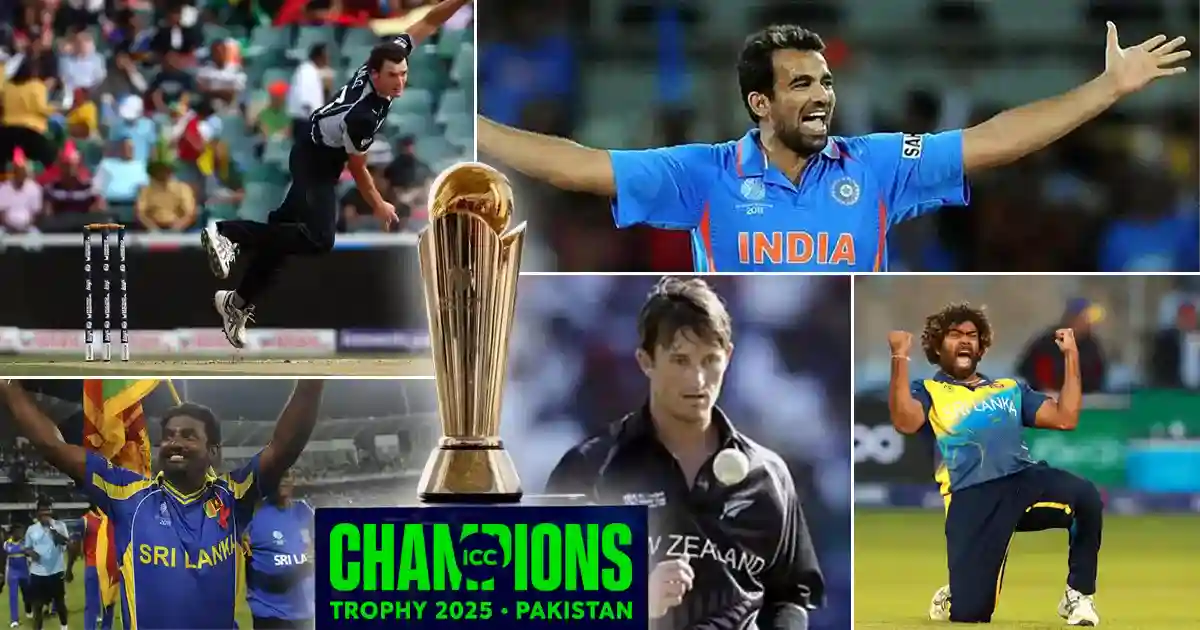
The Timeless Magic of the FA Cup: English Football’s Last Standing Tradition in a Money-Driven Era
In an age where football is often defined by money—astronomical transfer fees, billion-dollar broadcasting deals, and clubs owned by oligarchs and oil tycoons—the FA Cup remains a rare and cherished tradition. It is the oldest cup competition in the world, dating back to 1871, and has endured through decades of change, standing firm as a symbol of football’s soul amidst the commercialization of the modern game.
While competitions like the Champions League have become synonymous with glitz and glamour, and the Premier League thrives on global markets, the FA Cup retains its unique charm. It’s a competition that strips football back to its essence: drama, passion, and the unrelenting hope of the underdog. From non-league grounds to the grandeur of Wembley, the FA Cup unites teams and fans across the pyramid, offering every participant a chance to create moments that will be remembered for generations.
A Golden Era of Magic and Tradition
The FA Cup’s allure reached its zenith during the 1970s and 80s, a time when football wasn’t as ubiquitous on television. Back then, the FA Cup final was the only domestic match broadcast live on TV, and it became a spectacle that captured the imagination of fans across the country. For many, Cup Final day wasn’t just about the match; it was an event. Families gathered around their televisions, often starting with the pre-match coverage hours before kickoff. Broadcasters would show player interviews, travel footage of teams heading to Wembley, and even fans making their way to the stadium.
It was a day-long celebration of football, bringing communities together in a way few other events could. Iconic moments from this era, like Coventry City’s stunning 3-2 win over Tottenham in 1987 or Arsenal’s dramatic “Five-Minute Final” victory over Manchester United in 1979, are etched into football history. These matches weren’t just games; they were cultural events that became part of the fabric of English football.
The Power of the Underdog
One of the defining features of the FA Cup is its ability to create fairytales. It’s the stage where the minnows take on giants, where David can genuinely beat Goliath. No other competition showcases football’s unpredictability as vividly as the FA Cup.
In 2013, Wigan Athletic shocked the world by defeating Manchester City 1-0 in the final, despite being relegated from the Premier League just days later. More recently, non-league Lincoln City’s journey to the quarter-finals in 2017 captured hearts, while last season, lower-league Grimsby Town stunned Premier League Southampton to reach the same stage. These moments remind us of football’s true beauty: its capacity to surprise and inspire.
Modern Football’s Challenges
Despite its rich heritage, the FA Cup has faced challenges in the modern era. The rise of the Premier League and the Champions League has shifted priorities for many clubs, with top teams often fielding weakened squads in the earlier rounds. For some managers, maintaining league status or qualifying for Europe has overshadowed the pursuit of FA Cup glory. However, the magic of the Cup has endured. As the competition progresses and Wembley looms, even the most pragmatic managers find themselves drawn to its allure. The stakes rise, the crowds swell, and the FA Cup reminds everyone of its unparalleled ability to deliver drama.
A Bridge Between Eras
The FA Cup isn’t just a competition; it’s a bridge that connects football’s past with its present. Its history is a timeline of iconic players, managers, and moments that have defined English football. Stanley Matthews’ legendary performance in the 1953 final, often dubbed the "Matthews Final," remains a touchstone of football excellence. Steven Gerrard’s thunderous equalizer in the 2006 final against West Ham, a goal that forced extra time and led to a penalty shootout victory, is another unforgettable moment in the competition’s storied history. These moments aren’t merely highlights; they’re cultural milestones that bind generations of fans together. The FA Cup offers something timeless, a continuity that feels increasingly rare in a game constantly evolving.
Why the FA Cup Still Matters
In a world where football often feels more like a business than a sport, the FA Cup is a reminder of the game’s essence. It transcends the divisions of modern football, offering smaller clubs a chance to dream and elite clubs a platform to honor tradition.
The FA Cup’s magic lies in its unpredictability, its capacity to create heroes out of unknowns, and its ability to make fans believe in the impossible. Whether it’s a non-league side making a historic run, a veteran player lifting the trophy in their twilight years, or a young star announcing themselves on the big stage, the FA Cup continues to deliver moments that encapsulate the spirit of football.
As long as the FA Cup thrives, so too will the romance of the beautiful game. In an era dominated by wealth and influence, the FA Cup stands as a testament to football’s enduring magic—a tradition that refuses to be overshadowed, a competition that reminds us all why we fell in love with the game in the first place.



